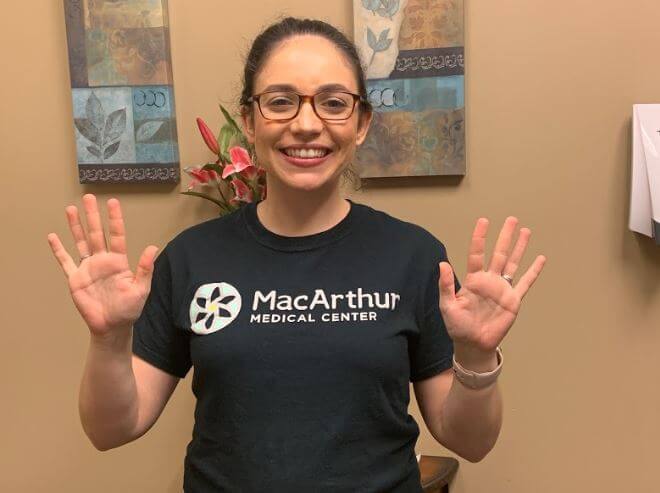
June 9, 2020/
Will you judge me for speaking my addiction truth?

Will you judge me for speaking my addiction truth?


The simple act of hand washing is key to preventing the spread of diseases and is often done improperly. This...

A patient’s journey from hemorrhoids to healing.

Childhood and Infant Constipation.

Placing a picture in a frame changes the way we view the image. The same is true for our thoughts...

Placing a picture in a frame changes the way we view the image. The same is true for our thoughts...

Will doctors recommend health apps to patients? There has been an explosion in health apps. Patients are using them for...